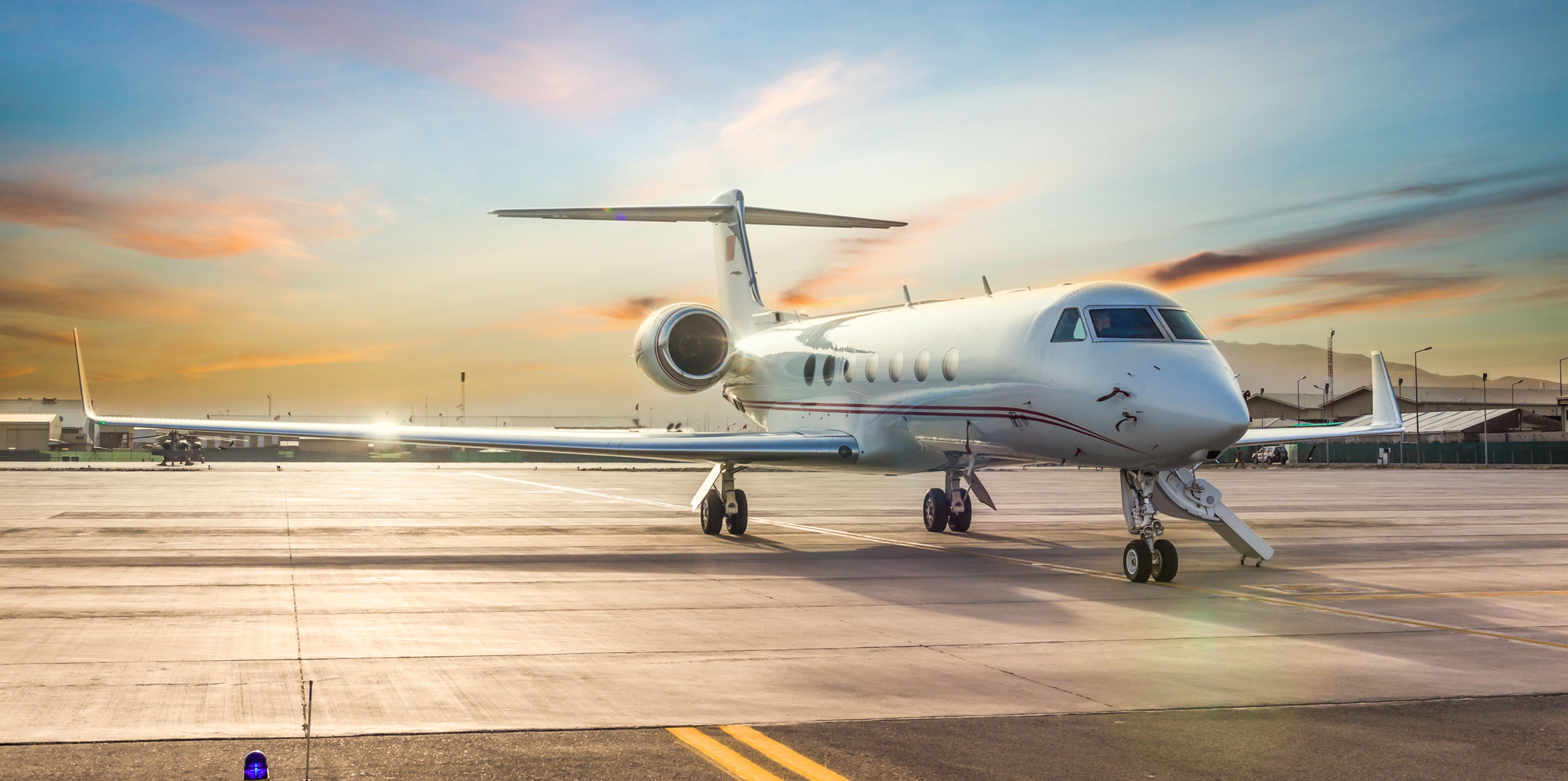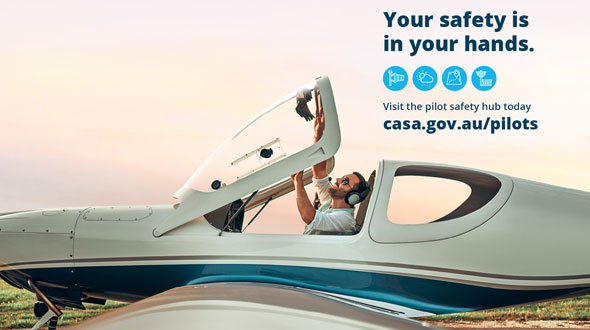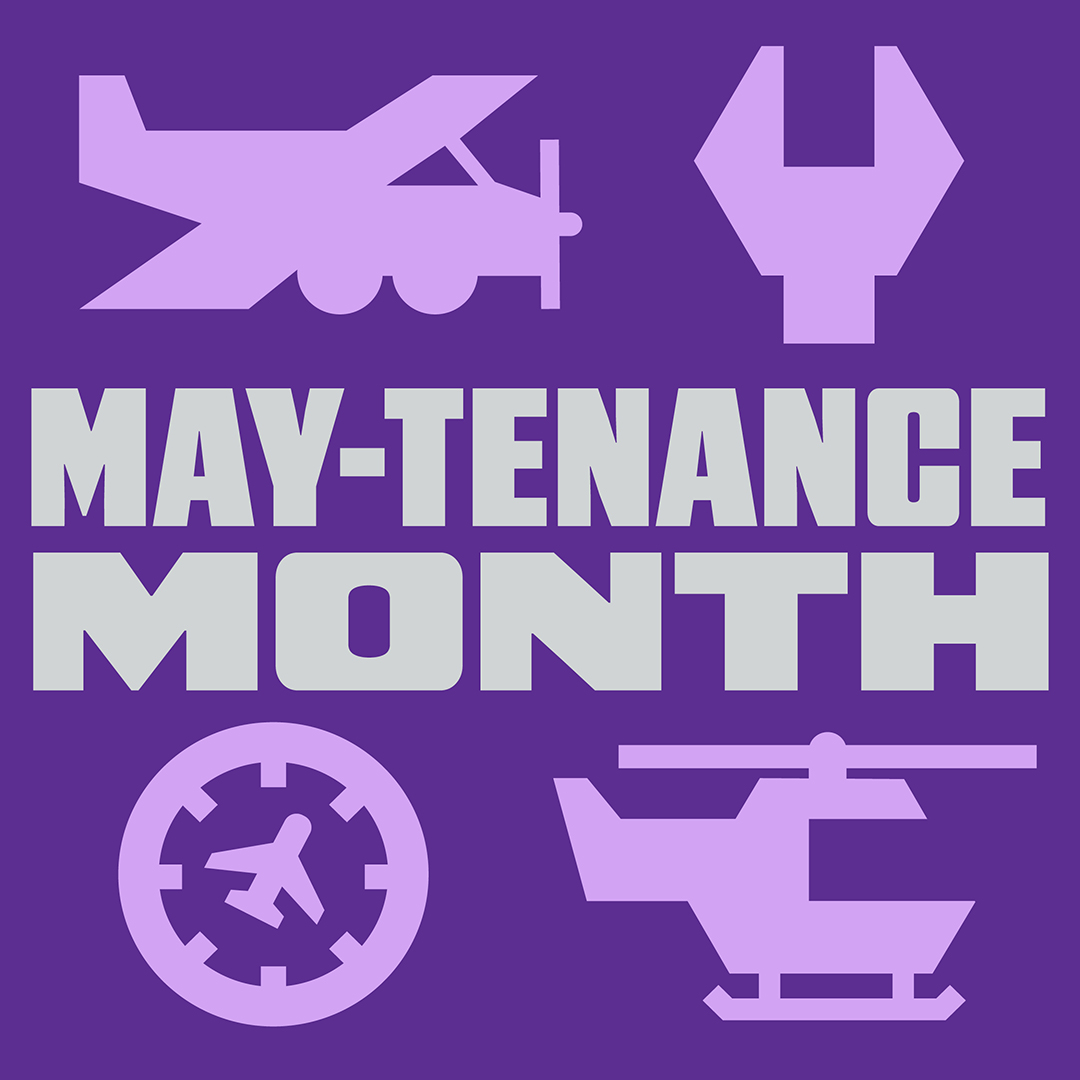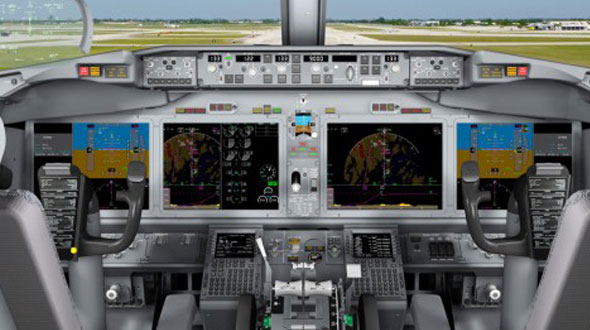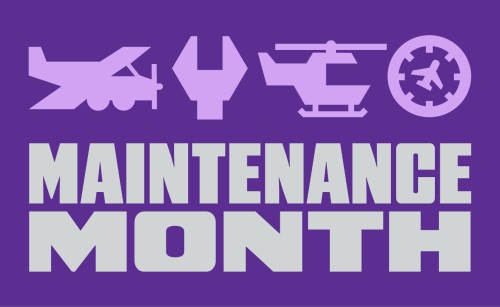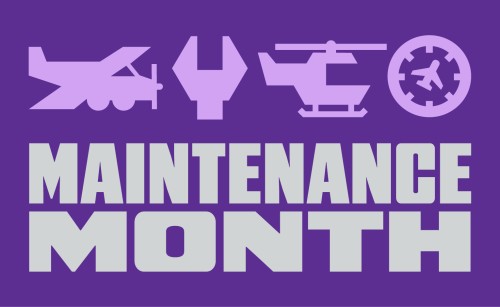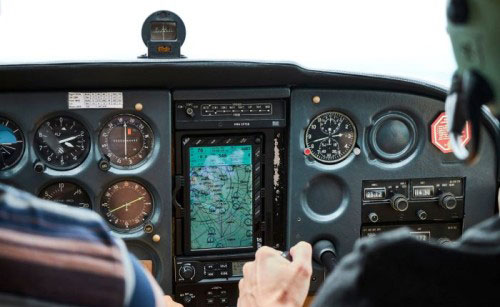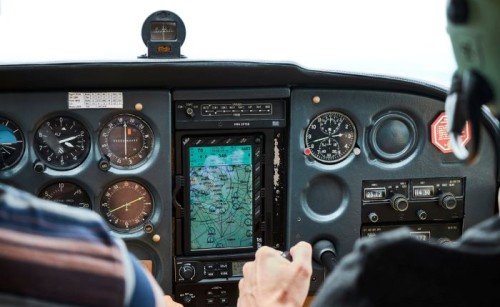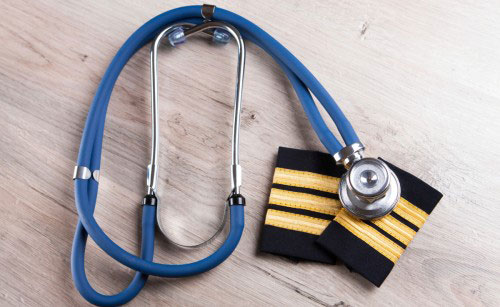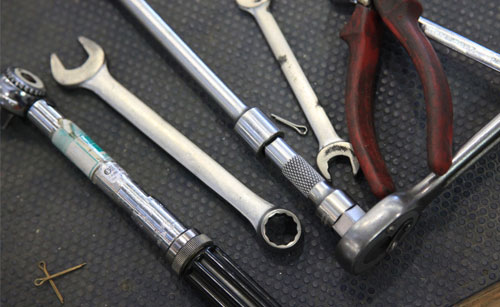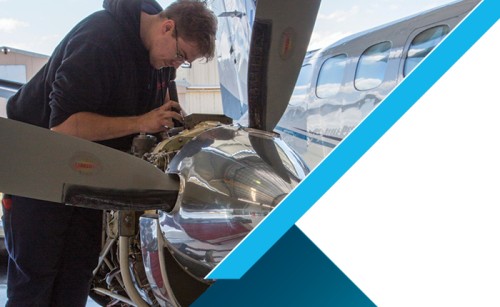Article supplied by CASA.
Explore this month’s new events and resources, including:
- a crash comic highlighting the importance of staying alert and planning for all weather conditions
- details for our next AvSafety webinar
- an AvSafety article on understanding local weather
- a new explaining the rules animation on staying safe around thunderstorms and more!
|
Crash comic – In a whirl
|
|
A sudden gust on final approach can turn a routine landing into a challenge.
Watch our latest crash comic to see how one pilot handled unexpected turbulence and what they learned about staying alert and ready for go-rounds. |
|
AvSafety webinar – Environmental factors affecting aircraft performance |
|
|
Join an ASA and a CASA test pilot as they explore pilot requirements for using performance charts and key safety factors to consider. 12:00-12:45 pm AEDT, Tue 18 Nov |
|
Phone a friend |
|
|
When local weather looks uncertain, a quick call to a BoM forecaster can give you clearer insight. Learn how speaking directly with a forecaster adds detail beyond the GAF, helping you make safer flight decisions.
|
|
Explaining the rules – Understanding thunderstorms |
|
|
Watch our latest animation to learn how thunderstorms form, why they’re dangerous at every stage, and how to stay safe by keeping well clear and planning ahead. |
|
Blundering through the authority gap |
|
|
‘Every emotion in my body was screaming, ‘Don’t let this man take over the aircraft…this is crazy!’ Hear this young pilots chilling account of a flight when passenger pressure sidelined his authority. |
|
2025 Wet season operations seminar |
|
|
Hear from experienced pilots, air traffic control and the Bureau of Meteorology on managing fast-changing weather, planning for diversions and making safe decisions during the wet season. |
|
ADS-B rebate |
|
|
Weather you fly under VFR or IFR, you may be eligible for a rebate to help cover the cost of installing ADS-B OUT, ADS-B IN, or both. If you own an Australian-registered aircraft, you could receive up to 50% of the purchase and installation costs. |
Bushfire safety reminder
If you see smoke, fires or emergency aircraft, stay well clear and do not take off.
Keeping clear of fire activity ensures firefighting aircraft can operate safely and protects people and property on the ground.

